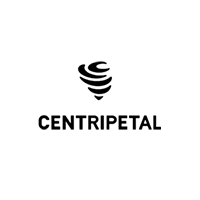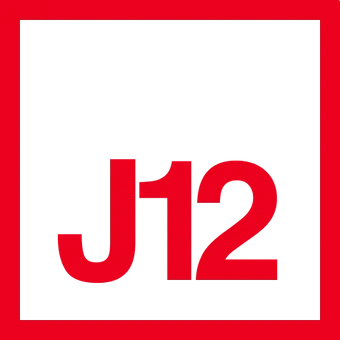Stockholm’s Startup Ecosystem: A Global Leader in Innovation and Impact Tech
Stockholm has emerged as one of Europe’s most dynamic startup hubs, earning global recognition as a “unicorn factory.” The city has produced at least 41 unicorns—including Spotify, Klarna, King (Candy Crush), Skype, and Mojang (Minecraft)—which underscores its ability to build and scale high-growth companies.
This success is rooted in a combination of entrepreneurial culture, strong government support, and a mature network of investors in Stockholm. Even amid shifting global markets, the city continues to thrive, particularly in key sectors like:
- Fintech: Stockholm is a global fintech leader thanks to companies like Klarna and iZettle, which have revolutionized digital payments and financial services.
- Gaming and Creative Tech: Home to pioneers like Spotify and King, the city is a hotspot for innovative gaming and entertainment startups.
- Impact Tech and Sustainability: In 2023, 74% of Sweden’s venture capital funding went to startups addressing sustainability and climate challenges. This reflects Stockholm’s unique position as a leading green tech hub.
- Deep Tech: The city is also gaining traction in advanced fields such as AI, quantum computing, and next-generation materials, drawing increasing attention from venture capital firms.
A standout example is Northvolt, a battery technology company playing a central role in Stockholm’s green energy push. These developments continue to make Stockholm one of the most attractive destinations for impact-driven investors and founders alike.


Venture Capital in Stockholm: A Well-Connected Investment Hub
The venture capital landscape in Stockholm is both active and globally integrated. In 2023, Swedish startups secured €4.7 billion in funding, with a large portion funneled into Stockholm-based companies. Even as funding slightly dipped across Europe in 2024, Stockholm remained resilient—securing significant rounds and reinforcing its position in the tech sector.
Notable milestones include:
- Tink, a fintech startup acquired by Visa for over $2 billion, validating Stockholm’s financial innovation ecosystem.
- Klarna raised $800 million in 2022, navigating global downturns and continuing its global expansion from Stockholm.
A mix of local and international investors contributes to this momentum. Leading Stockholm-based VC firms like Northzone, Creandum, EQT Ventures, and Luminar Ventures are deeply involved in early- and growth-stage funding. At the same time, global heavyweights such as Accel, Sequoia, and Index Ventures actively invest in Stockholm startups, attracted by the region’s innovation and proven track record.
Government-backed funding programs further bolster the ecosystem. Initiatives like Vinnova grants, STING incubator programs, and support from Stockholm Innovation & Growth provide crucial capital and mentorship for early-stage companies.
Institutional investors are also playing a role. Pension-backed funds such as AP Ventures and Industrifonden have stepped in to support later-stage startups, helping to bridge funding gaps in tighter market conditions.
Another defining feature is the city’s “startup mafia” effect. Founders from companies like Spotify, Skype, and Klarna frequently reinvest in the ecosystem—as angel investors, advisors, or mentors—creating a cycle of support that helps emerging startups scale. This ongoing reinvestment has helped Stockholm achieve one of the world’s highest unicorns-per-capita ratios.
The Future of Stockholm’s Startup Scene in 2025
Stockholm’s global mindset continues to set it apart, with most startups targeting international markets from day one. This export-driven approach has contributed to Sweden’s €239 billion startup ecosystem, which has doubled in value over the past five years. However, like many other startup hubs, Stockholm faces challenges in late-stage capital availability, requiring some scale-ups to moderate growth plans or seek bridge rounds as venture capital markets shift.
A growing concern for Stockholm’s ecosystem is talent acquisition and retention. While the city offers an exceptional quality of life, progressive values, and strong social support systems, it remains one of Europe’s more expensive places to live. As competition for top engineering and business talent intensifies, Stockholm has implemented programs to attract international tech workers and support new entrepreneurs.
Looking ahead to 2025, Stockholm’s strengths in sustainability, fintech, and deep tech will continue to attract both investors and talent. With strong institutional support, a vibrant investor community, and a track record of global success, Stockholm is set to remain one of the top startup ecosystems in Europe and beyond.













